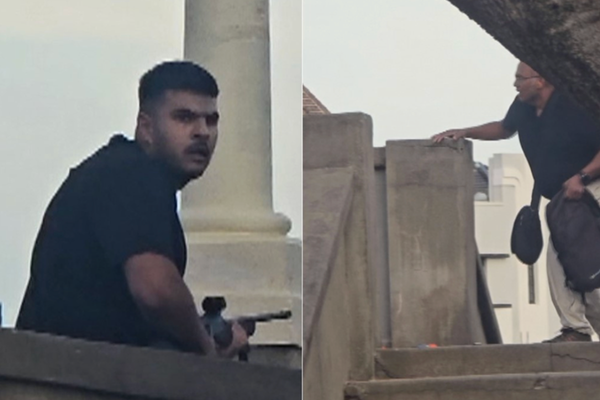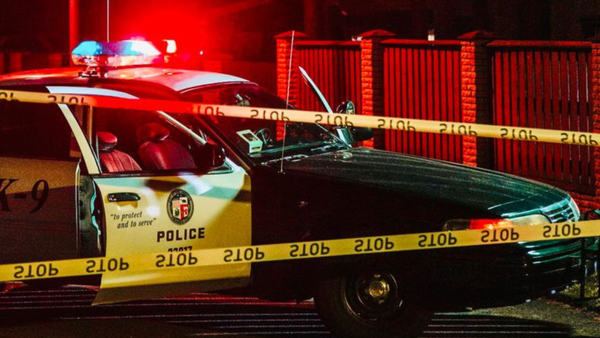
The French president, Emmanuel Macron, has accused rival political parties of fuelling instability as he brushed aside calls by the opposition for him to resign amid France’s worst political crisis in decades.
“Many of those who have fuelled division and speculation have not risen to the moment,” Macron said of French opposition parties, as he arrived in Egypt on Monday to attend a summit on Gaza. He said rival “political forces” were “solely responsible for this chaos” after they “instigated the destabilisation” of the prime minister, Sébastien Lecornu.
Lecornu, a Macron ally, held his first meeting with France’s new government after he appointed a mix of stalwarts from Macron’s centrist grouping, as well as a few faces from the upper ranks of the civil service and civil society. New arrivals included Jean-Pierre Farandou, who headed the state-run railway, SNCF, and is now labour minister.
Laurent Nuñez, who served as a junior minister in the interior ministry during the gilets jaunes (yellow vests) protests of 2018 and 2019, was appointed to the key post of interior minister. He had recently served as Paris police chief, responsible for the policing of last year’s Olympic Games.
It is France’s second government in a week: Lecornu’s first government collapsed after 14 hours amid backlash over a lack of fresh faces, and he dramatically resigned last Monday. Lecornu was then reappointed by Macron on Friday night and quickly assembled a new administration on Sunday. “How long will it last?” several regional newspapers asked, including La Provence in the south and La République du Centre.
France has lurched from crisis to crisis since Macron’s gamble on a snap election last year that led to an inconclusive result. Parliament remains divided between the three blocs: the left, the far right and the centre, with no clear majority.
Some parties have called on Macron to resign. “Never forget that the mandate given by the French people is to serve, to serve and serve, and to provide answers to the questions of everyday French people, and to do everything possible for the independence of France,” Macron said. “That is the only thing that matters. The rest is the government’s business … I will continue to ensure stability.”
Macron’s term ends in spring 2027. He declined to speculate on a possible dissolution of parliament and snap election if the latest government fails. “I’m not making any bets,” he said. “I want the country to move forward.”
Lecornu faces the urgent and complex task of getting a 2026 budget through parliament by the end of the year. He told ministers: “Our only task is to surpass the political crisis.” He said that political crisis was exasperating French people and observers worldwide. He called on the government to “put egos aside” and work collegiately to find compromise.
The prime minister will deliver his first key policy speech to the French parliament on Tuesday afternoon.
The leftwing La France Insoumise party and the far-right National Rally are due to put down motions for a no-confidence vote. For the government to be toppled, several opposition parties would have to group together to back the vote, including the Socialists.
The Socialist party has said it will wait to hear Lecornu’s policy speech before deciding. It has warned it could vote against the government unless Lecornu suspends Macron’s controversial 2023 law that installed a gradual rise in the retirement age from 62 to 64.
The new cabinet is expected to present a draft budget on Tuesday morning that will include cuts on public spending. The government must give parliament the constitutionally required 70 days to scrutinise the plan before the end of the year.
“We have to give this country a budget, otherwise we’re heading for catastrophe,” the new minister for external commerce, Nicolas Forissier, told Ici Berry television.







